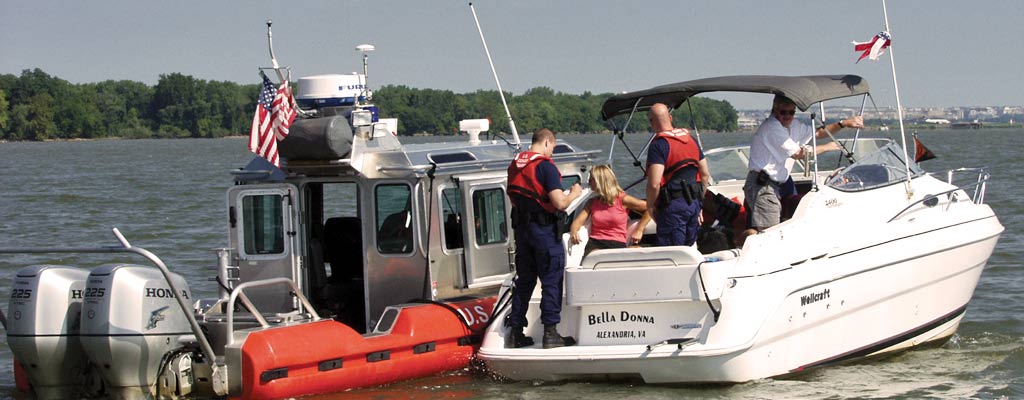The Effects of Alcohol
Alcohol and Boating
AFFECTS BALANCE:
Balance is critical on a boat. Simply falling overboard and drowning accounts for at least one in four boating fatalities.
IMPAIRS JUDGEMENT:
Alcohol reduces inhibitions, causing normally cautious people to try stunts or enter high-risk situations a sober person would avoid.
Tip #1:
If you plan to drink, don't go boating, or save your alcohol for when you've arrived safely back at the dock.
SLOWS REACTION:
Alcohol severely diminishes your ability to react to several different signals at once. It takes longer to receive information from your eyes, ears and other senses, and still more time to react. Reduced night vision and the inability to distinguish red from green makes the intoxicated night boater an even greater hazard.
Tip #2:
Exposure to sun, motion of the waves, and the noise and vibration of your boat's engine causes fatigue. Alcohol impairs your senses further.
Boating Stressors
Stressors, such as exposure to noise, vibration, sun, glare, wind and the motion of the water, affects boat operators and passengers, thus making drinking while boating even more dangerous than drinking and driving. Research shows that hours of exposure to boating stressors produces a kind of a fatigue, or "boater's hypnosis" which slows reaction time almost as much as if you were legally drunk. Adding alcohol or drugs to boating stress-factors intensifies their affects - each drink multiplies your accident risk.

